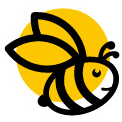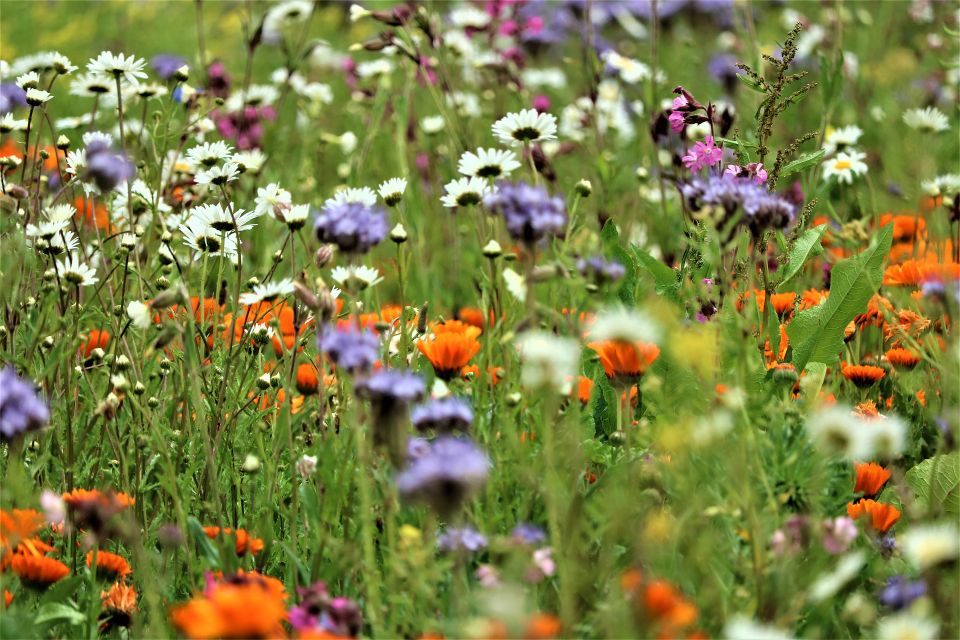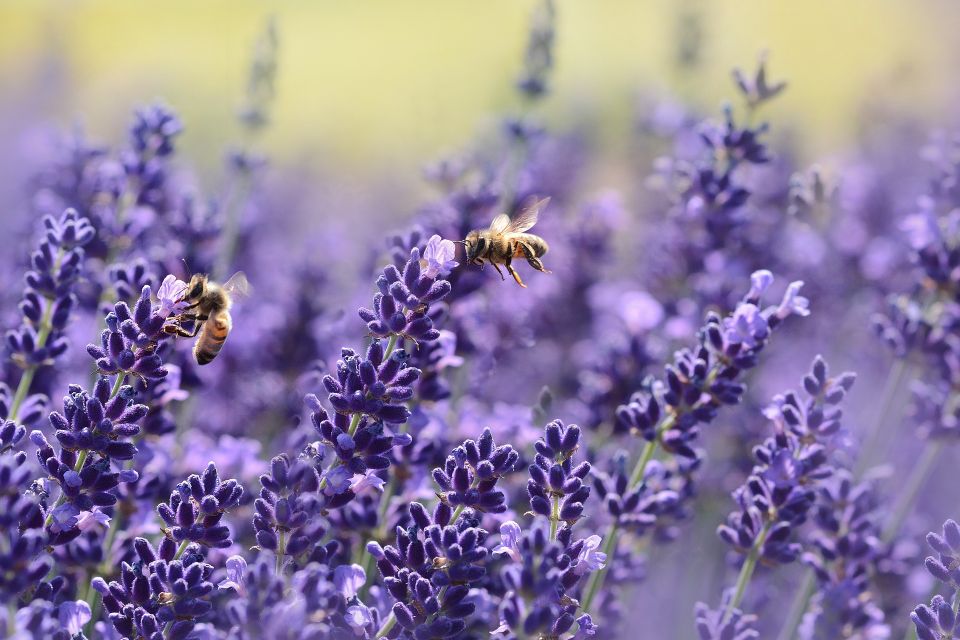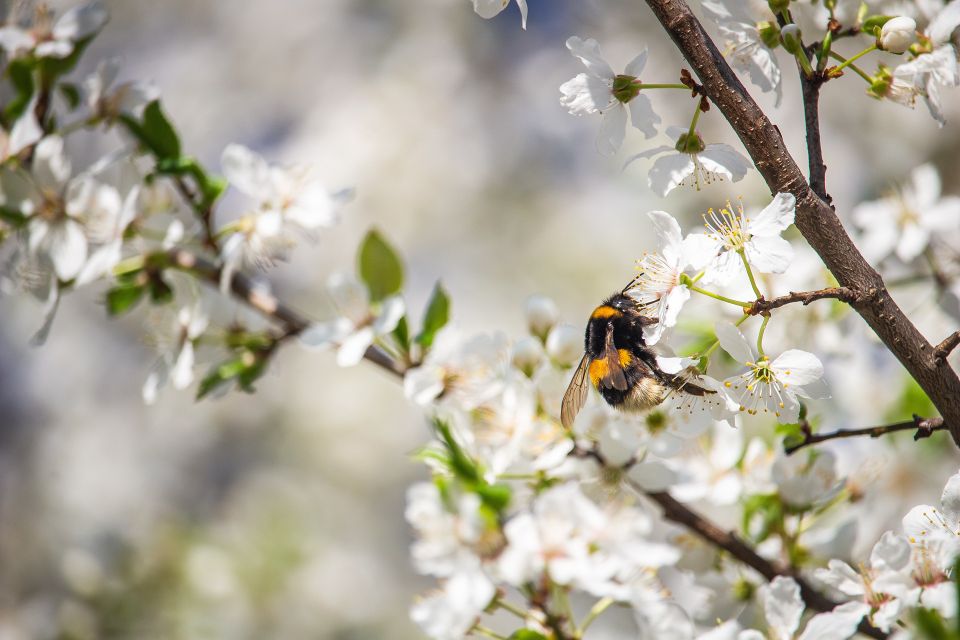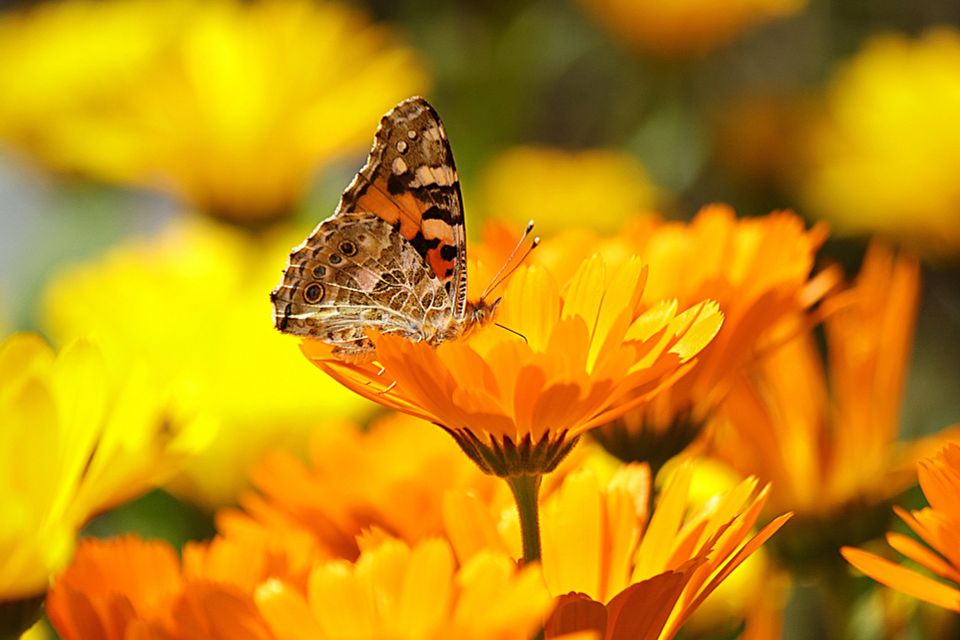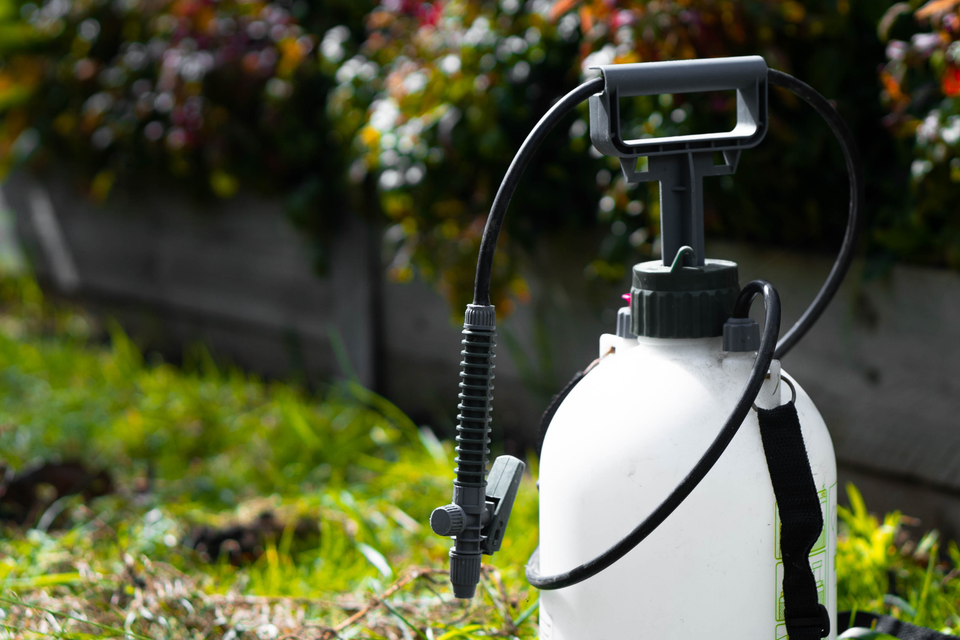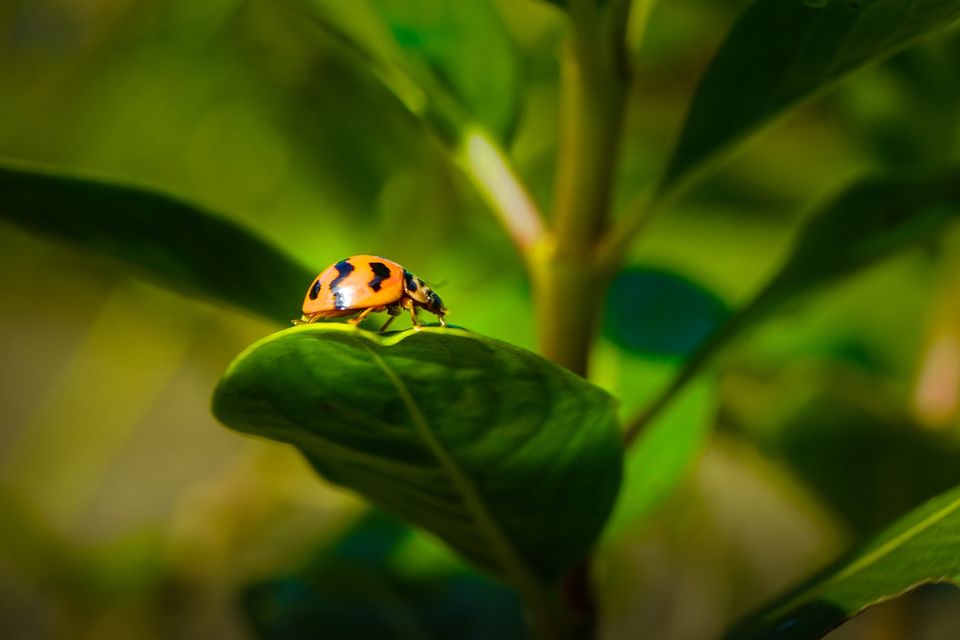
The Floral Reef Project is a community-driven effort to promote and protect floral reefs, and to educate the public about the value of floral reefs in our society.
“Floral reefs” are the vibrant microhabitats shared by flowering plants and trees and the pollinators on which they depend. These microenvironments play an important role in their local surroundings and the health of our planet overall, providing food and shelter for wildlife, helping to pollinate crops, and helping to moderate the local climate.
The Floral Reef Project aims to raise awareness of the importance of floral reefs and encourage people to talk about them, learn about them, and take action to create and protect floral reefs in their local area...
Continue Reading >
“Floral reefs” are the vibrant microhabitats shared by flowering plants and trees and the pollinators on which they depend. These microenvironments play an important role in their local surroundings and the health of our planet overall, providing food and shelter for wildlife, helping to pollinate crops, and helping to moderate the local climate.
The Floral Reef Project aims to raise awareness of the importance of floral reefs and encourage people to talk about them, learn about them, and take action to create and protect floral reefs in their local area...
Continue Reading >
